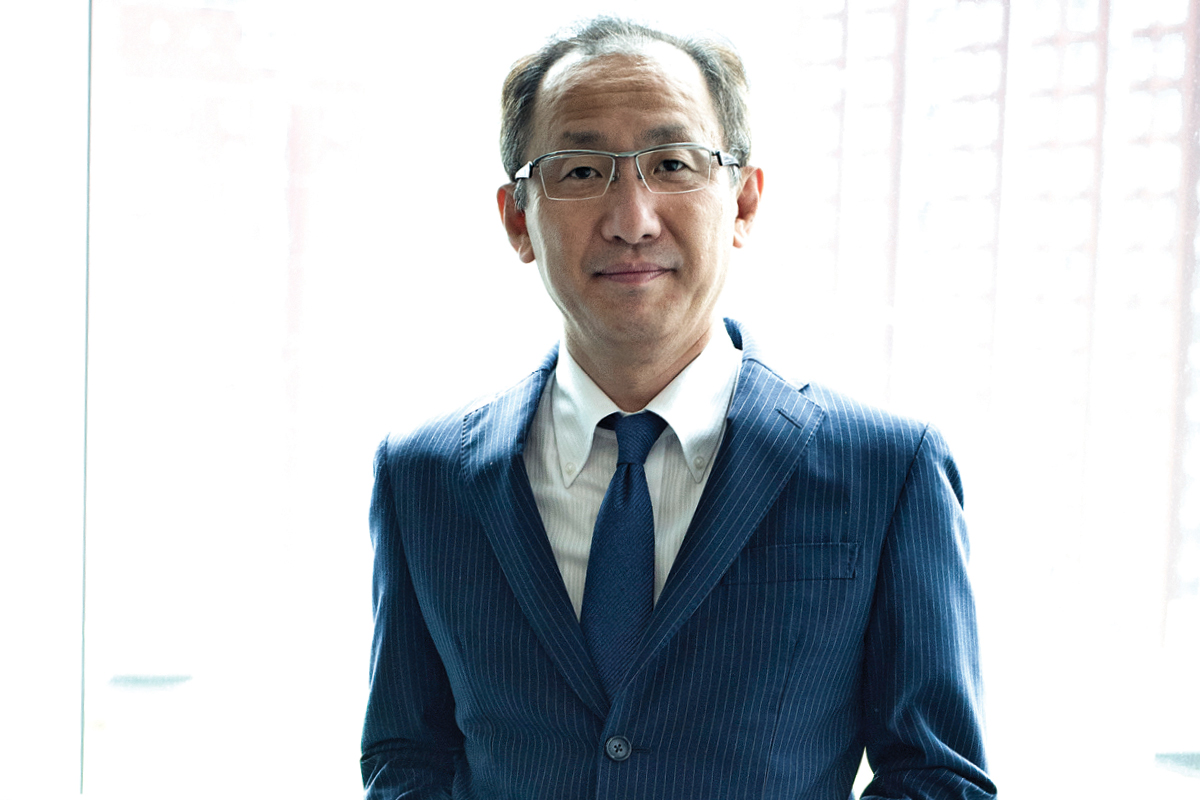Having joined Epson China more than 30 years ago, Akihiro Fukaishi certainly knows the brand inside out. Akihiro started his career in the PC department in 1987, diligently working his way up to become President of Epson China.
For Akihiro, an important direction for Epson to move forward in is to become closer with its local customers, allowing clients to better experience services, see solutions and, ultimately, rely on the products. “I believe we must identify our own advantages and effectively use them to innovate new business models,” Akihiro says.

“It is very important for an enterprise to find its own core and advantages, then find a strategy that is in line with its development,” he adds. “This business model has laid a solid foundation for us to achieve innovation in three major areas.”
The first one he cites as Epson’s vertically integrated business model. The company relies on its own technology, independent design, development, manufacturing, sales, and after-sales service. “This model has laid a solid foundation for us to achieve inkjet, visual, warble and robotics innovation,” he says.
The second is its innovative technology: “We use unique technologies including PrecisionCore inkjet technology, pressure sensors, and 3LCD, satisfying our customers by providing efficient, productive and eco-friendly products,” Akihiro says.
The third is Epson’s corporate vision, EPSON 25, which leverages Epson products to reduce environmental impact by improving customers’ work processes and contributing to a sustainable society.
“At Epson, we believe that customer demands for increased productivity and reduced environmental impact in the office and industry are an opportunity, and that we can become a leading company in environmental sustainability. For example, shifting textile printing processes from analog to digital can contribute to conserving electricity and water resources. Replacing office laser printers with inkjet reduces electricity consumption and the waste of photoconductor units,” he says.
In terms of Akihiro’s management philosophy, he says his key concept is “Yes!”, which means to never refuse a request or make excuses. “With a positive attitude, I hope that this management method will be embedded in China. All our colleagues should adopt this positive working attitude to improve our work,” he says.
“We must identify our own advantages and effectively use them to innovate new business models.”
“I have a very positive attitude towards internal and external communication. It is impossible to refuse a request from a customer or an external partner. I try to understand their requirements first, and not refuse and make excuses from the beginning.”
Epson China’s strategy can be summed up in two words: technology and localisation. Akihiro is extremely customer-centric in his strategy for the Chinese market, and says he makes it a priority for the local customer’s voice to be heard.
“It’s different in every country. So, listening is important and the most basic principle of our business in the region. When we listen to our local customers, we can ascertain if this request will help our sales, whether it will reduce production costs and if it will be more beneficial to the environment,” he says. “Our core strength is the various technologies on hand. And how we maximise these technologies according to the region is how we create our vertically integrated business model.”
In the end, Akihiro simply aims to communicate the company’s overall goal clearly to his team. “My responsibility is to convey our goals and have everyone reach a consensus to recognise these goals. With this in mind, it is easier for us to carry out our work effectively and excel in China,” Akihiro adds.
“Our task now is to improve our sales and enhance the company’s profits on the basis of an existing foundation. This is my mission. The Epson 25 Long-Term Corporate Vision released in 2016 has very high expectations for the Chinese market, so finding ways to satisfy local customers and develop the company is my biggest challenge,” he concludes. Akihiro also hopes to grow partnerships with local Chinese companies, including those of the software, hardware and internet nature.


